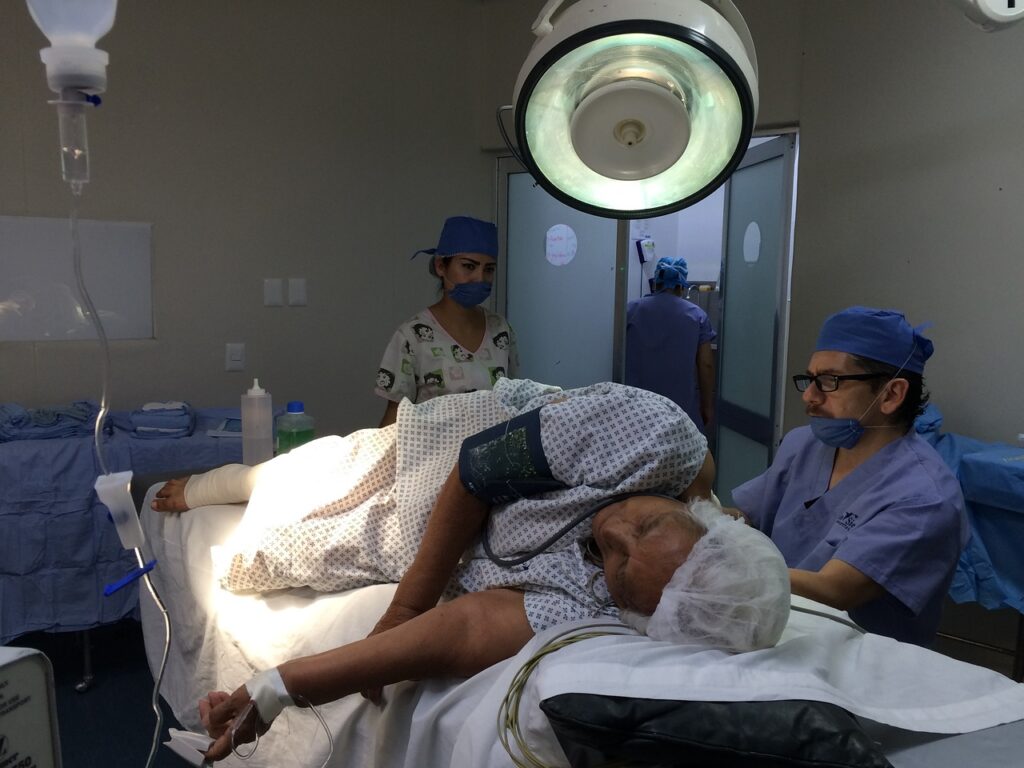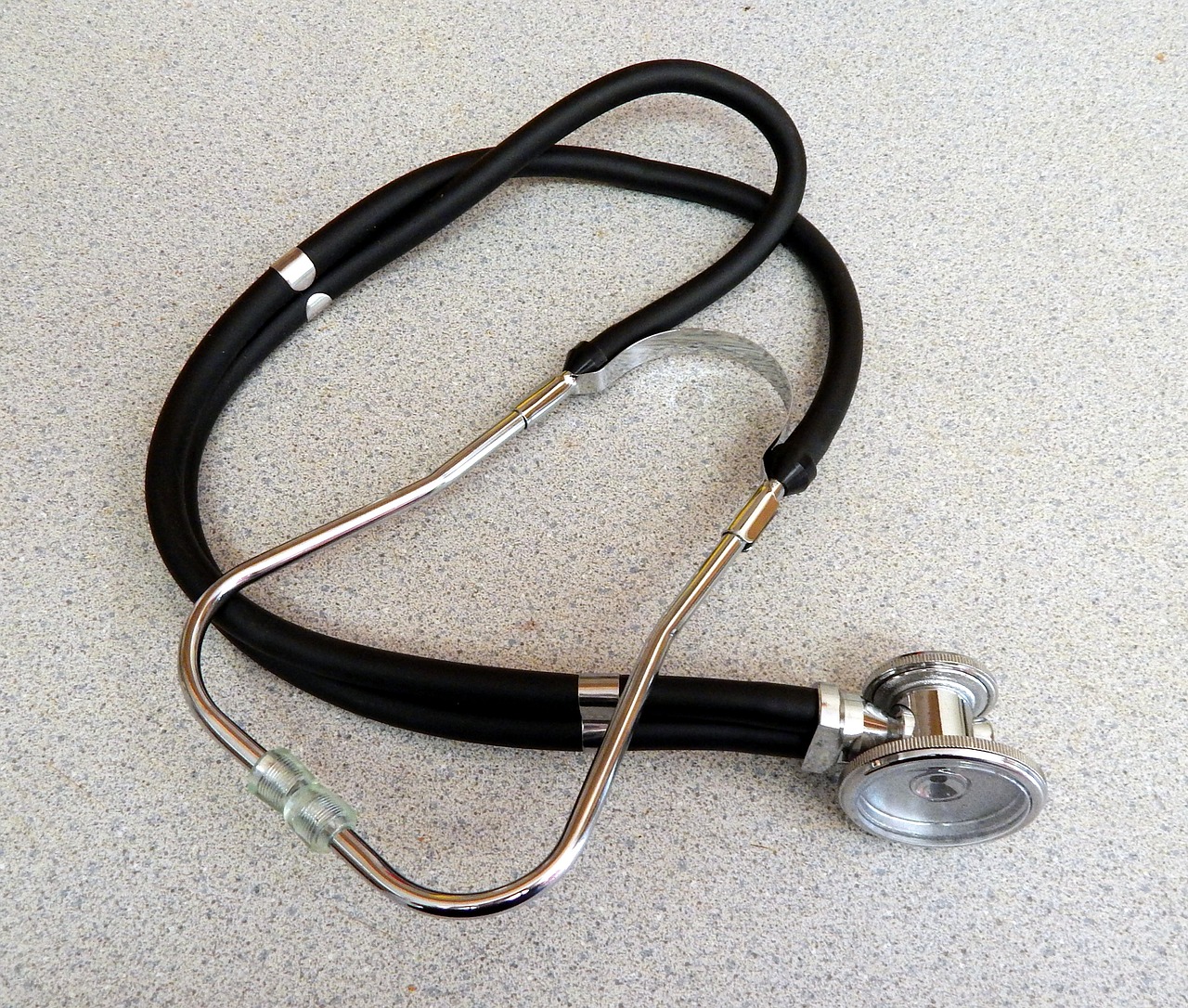Rare diseases are a diverse group of conditions that affect fewer than 200,000 people in the United States. While each rare disease is unique, they often share common characteristics, such as difficulty in diagnosis, limited treatment options, and high healthcare costs.
People with rare diseases often face significant financial burdens due to the high cost of medical care. This can include the cost of doctor visits, hospitalizations, prescription drugs, and other medical supplies. In addition, people with rare diseases may need to travel long distances to see specialists and participate in clinical trials.
Health insurance can play a vital role in helping people with rare diseases manage their healthcare costs. However, there are a number of challenges that people with rare diseases face when trying to obtain and maintain health insurance.

One challenge is that people with rare diseases may be denied coverage or charged higher premiums by private health insurance companies. This is because insurance companies are typically looking to minimize their risk by insuring healthy people. People with rare diseases are considered to be high-risk because they are more likely to need expensive medical care.
Another challenge is that many rare diseases are not covered by traditional health insurance plans. This is because traditional plans typically only cover FDA-approved treatments. However, many rare diseases do not have FDA-approved treatments.
Even if a person with a rare disease is able to obtain health insurance, they may still face significant out-of-pocket costs. This is because many health insurance plans have high deductibles, copays, and coinsurance. This means that people with rare diseases may have to pay a large portion of their medical costs out of pocket, even if they have health insurance.
Despite the challenges, there are a number of resources available to help people with rare diseases manage their healthcare costs. These resources include:
Managing healthcare costs for rare diseases can be tough, but there are resources available to assist:
Government Programs: Several government programs can be incredibly beneficial:
Medicare: For individuals aged 65 and older or with certain disabilities, Medicare helps cover hospital stays, doctor visits, and more.
Medicaid: Designed for low-income individuals and families, Medicaid can help with medical expenses for rare diseases.
CHIP (Children’s Health Insurance Program): CHIP aids children in low-income families to get comprehensive health coverage.
State Programs: Many states have their programs, which can differ:
These state programs may offer financial support for various medical expenses, including doctor visits, hospital stays, and prescription drugs.
Private Foundations: Numerous private foundations exist to provide financial aid for specific rare diseases or groups of rare diseases.
These foundations often focus on research, patient support, and financial assistance to ease the burden of medical costs.
Patient Assistance Programs: Pharmaceutical companies have patient assistance programs to make prescription medications more affordable for those with rare diseases.
These programs may help with copayments, coinsurance, and deductibles related to prescription drugs.
If you’re dealing with a rare disease, it’s crucial to explore these options for managing your healthcare expenses. Remember, you don’t have to tackle this challenge on your own; there is support available.

Here are some additional tips for managing healthcare costs for rare diseases:
Collaborate with a healthcare team:
Form a team of experts, including doctors, nurses, pharmacists, social workers, and financial advisors.
Together, create a personalized treatment plan that suits your needs and budget.
Shop Smartly:
Don’t hesitate to compare prices for medical services, prescription medications, and supplies.
Seek assistance from your doctor or pharmacist to locate cost-effective alternatives.
Utilize financial aid programs:
Numerous financial aid programs are accessible to aid individuals with rare diseases in covering healthcare expenses.
Investigate all available options and apply for programs for which you qualify.
Managing healthcare expenses for rare diseases may pose challenges, but it’s achievable. Collaborate with your healthcare team and make use of available resources to discover ways to make your care more affordable.
The Future of Rare Disease Insurance
There is a growing movement to improve access to affordable healthcare for people with rare diseases. This includes efforts to improve health insurance coverage for rare diseases and to develop new payment models that reward value and innovation.
One promising development is the development of value-based insurance design (VBID). VBID plans are designed to steer patients towards high-value care and to discourage them from using low-value care. For example, VBID plans may have lower deductibles and copays for prescription drugs that are proven to be effective and affordable.
VBID plans can be particularly beneficial for people with rare diseases who often need to take expensive medications. By making these medications more affordable, VBID plans can help people with rare diseases manage their healthcare costs.
Another promising development is the growth of specialty pharmacy. Specialty pharmacies are pharmacies that specialize in dispensing complex medications, such as those used to treat rare diseases. Specialty pharmacies can provide a number of services that can help people with rare diseases manage their healthcare costs, such as:
Financial assistance: Specialty pharmacies can help people with rare diseases apply for financial assistance programs to help them pay for their medications.
Medication management: specialty pharmacies can help people with rare diseases manage their medications by providing them with education and support.
Coordination of care: specialty pharmacies can coordinate with people’s other healthcare providers to ensure that they are receiving the best possible care.
The future of rare disease insurance is bright. With the development of new payment models and the growth of specialty pharmacies, people with rare diseases are gaining access to more affordable and effective healthcare.
What Can You Do?
If you have a rare disease, there are a number of things you can do to manage your healthcare costs:
Talk to your doctor. Your doctor can help you develop a treatment plan that meets your individual needs and budget. They can also help you identify financial assistance programs and other resources that you may be eligible for.
Shop around for the best prices: Don’t be afraid to shop around for the best prices on medical care, prescription drugs, and other medical supplies. You can also ask your doctor or pharmacist for help finding affordable options.
Take advantage of financial assistance programs. There are a number of financial assistance programs available to help people with rare diseases pay for their healthcare costs. Be sure to explore all of your options and apply for any programs that you may be eligible for.
Get involved in advocacy. There are a number of advocacy organizations that are working to improve access to affordable healthcare for people with rare diseases. You can get involved in these organizations to help raise awareness of rare diseases and to advocate for policies that will make healthcare more affordable for people with rare diseases.
By taking these steps, you can manage your healthcare costs and live a healthy and fulfilling life with a rare disease.
